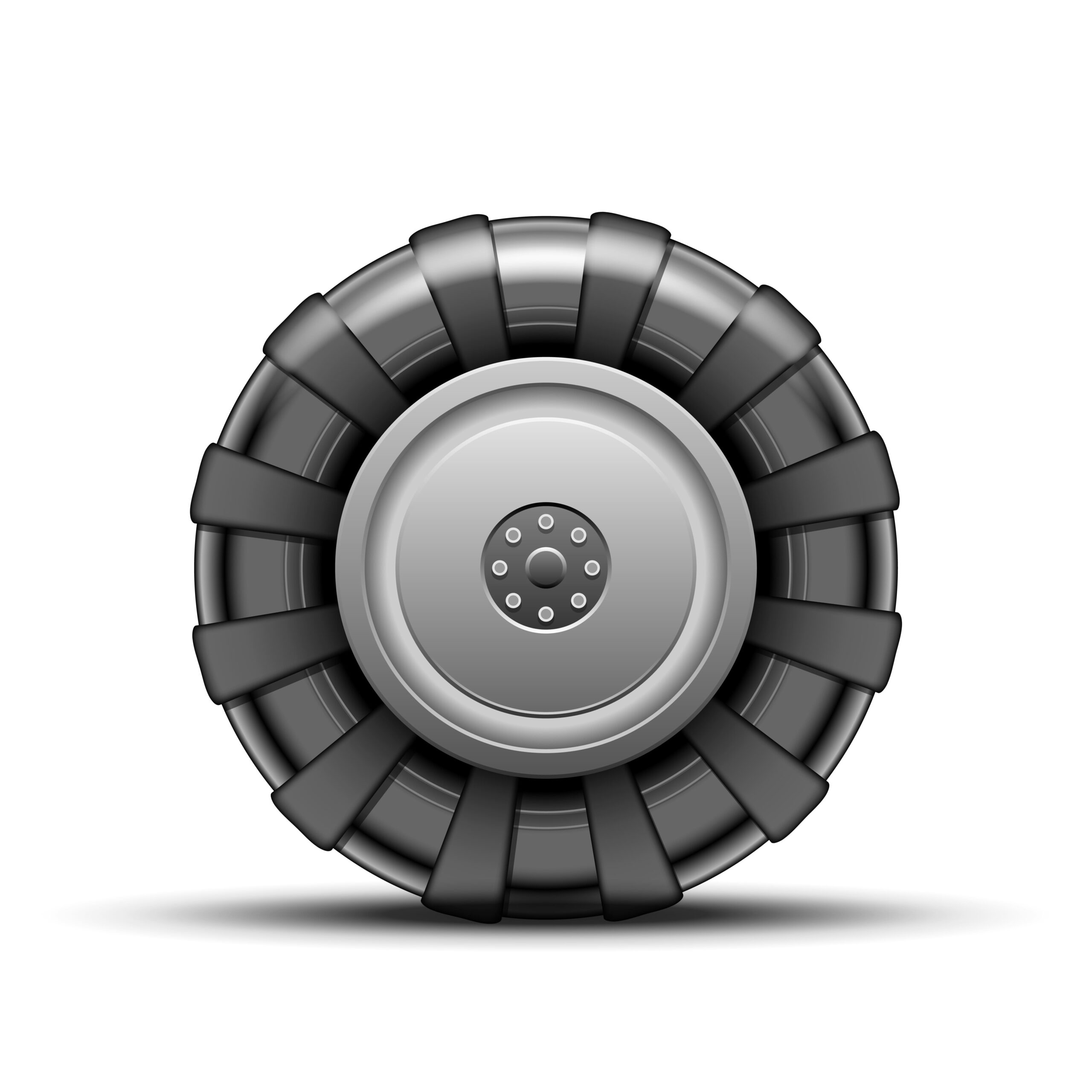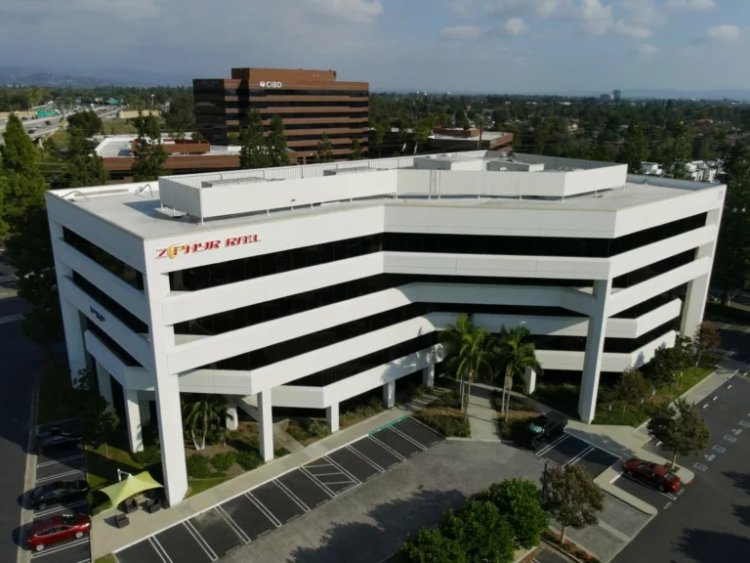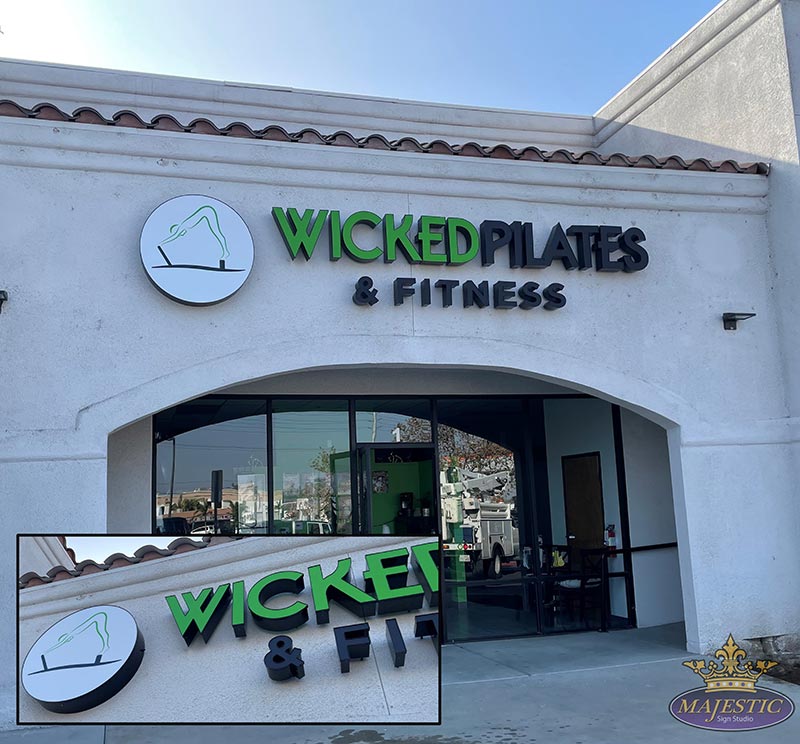
In the world of industrial operations, efficiency is not just a goal—it’s a necessity. From logistics to warehousing, production floors to hospital corridors, the ability to move loads smoothly and safely is essential. At the heart of this mobility lies a component often overlooked: the castor wheel. Behind every reliable and durable castor wheel is a network of dedicated castor wheel manufacturers who play a vital role in powering industrial environments.
These manufacturers are more than just suppliers of hardware. They are innovators, problem-solvers, and partners in progress. By engineering robust mobility solutions, they ensure seamless movement across a wide range of applications—helping businesses save time, reduce labor, and maintain workplace safety.
Engineering for Efficiency
Every industrial setting has its own set of mobility demands. Whether it’s handling heavy-duty pallets in a warehouse or ensuring silent, smooth movement in a hospital ward, the demands placed on castors are varied and complex. This is where castor wheel manufacturers step in with their deep technical expertise and advanced design capabilities.
The design and construction of a castor wheel might seem simple at first glance, but it involves precise engineering. Manufacturers take into account factors like load capacity, floor conditions, speed of movement, environmental exposure, and even the level of noise generated. Each of these elements influences the material selection, bearing type, wheel diameter, and overall structure.
For example, in industrial environments that involve high temperatures or exposure to chemicals, the wheels must be crafted from materials that resist corrosion and heat degradation. In contrast, environments that prioritize quiet operations, such as healthcare or hospitality, require softer treads that reduce noise while still providing load stability.
Customization that Enhances Workflow
Standard wheels don’t always fit specialized needs. That’s why leading castor wheel manufacturers offer customizable solutions tailored to unique operational requirements. Customization is a key aspect of industrial efficiency, as it aligns equipment with specific tasks, improving productivity and minimizing downtime.
Manufacturers work closely with clients to understand their challenges—be it maneuverability in tight spaces, load shifting in uneven terrain, or the need for locking mechanisms that ensure equipment stays securely in place when not in motion. By offering tailored wheel configurations, they enable smoother workflows, better ergonomics, and reduced wear and tear on both the wheels and the flooring.
Durability and Reliability Over Time
One of the defining traits of top-tier castor wheel manufacturers is their commitment to quality and longevity. In industrial environments, equipment is constantly on the move, sometimes 24/7. A single faulty wheel can lead to equipment failure, workplace accidents, or delays in operations.
That’s why durability is a priority. Through the use of high-grade raw materials, precision engineering, and rigorous quality checks, castor wheel manufacturers ensure their products can withstand long-term use under demanding conditions. Some even conduct lifecycle testing to measure how the wheels perform under real-world stress scenarios.
This focus on reliability reduces the frequency of replacements and repairs, translating to cost savings and uninterrupted operations for industrial facilities.
Innovation Driving the Industry
As technology continues to reshape industries, castor wheel manufacturers are embracing innovation to enhance their products. From integrating advanced polymers that offer better load distribution to developing smart castors with embedded sensors for tracking usage and movement, the evolution is rapid.
The adoption of automation in warehouses and production floors has also influenced castor design. Wheels now need to work seamlessly with autonomous mobile robots (AMRs), conveyor systems, and other automated platforms. Manufacturers are responding by developing high-performance wheels that offer lower rolling resistance, directional stability, and the ability to operate on multiple surfaces.
This spirit of innovation ensures that castor wheel technology keeps pace with the evolving needs of modern industry, making mobility smarter, safer, and more efficient.
Supporting Workplace Safety
Beyond just aiding in movement, castor wheels also play a role in workplace safety. Poorly designed wheels can lead to instability, tipping, or difficulty in steering heavy loads—posing a risk to workers. That’s why castor wheel manufacturers invest in ergonomics and safety-centric designs.
Swivel locks, directional locks, braking systems, anti-static materials, and shock-absorbing mechanisms are just a few of the safety features manufacturers incorporate to reduce risks and improve handling. By prioritizing safety, these manufacturers contribute directly to reduced workplace injuries and smoother day-to-day operations.
Conclusion
The contribution of castor wheel manufacturers to industrial efficiency is profound. They operate behind the scenes, yet their impact is felt in every smooth roll, every stable load, and every saved second on the shop floor. By combining engineering excellence, a focus on quality, and a commitment to innovation, they help industries move smarter, faster, and more safely.
In an age where efficiency is the backbone of competitiveness, investing in the right castor solutions—designed and delivered by expert manufacturers—can be the small change that leads to a big difference. As industries grow more complex and mobility needs more sophisticated, the role of these manufacturers will only become more vital in shaping the future of industrial performance.






